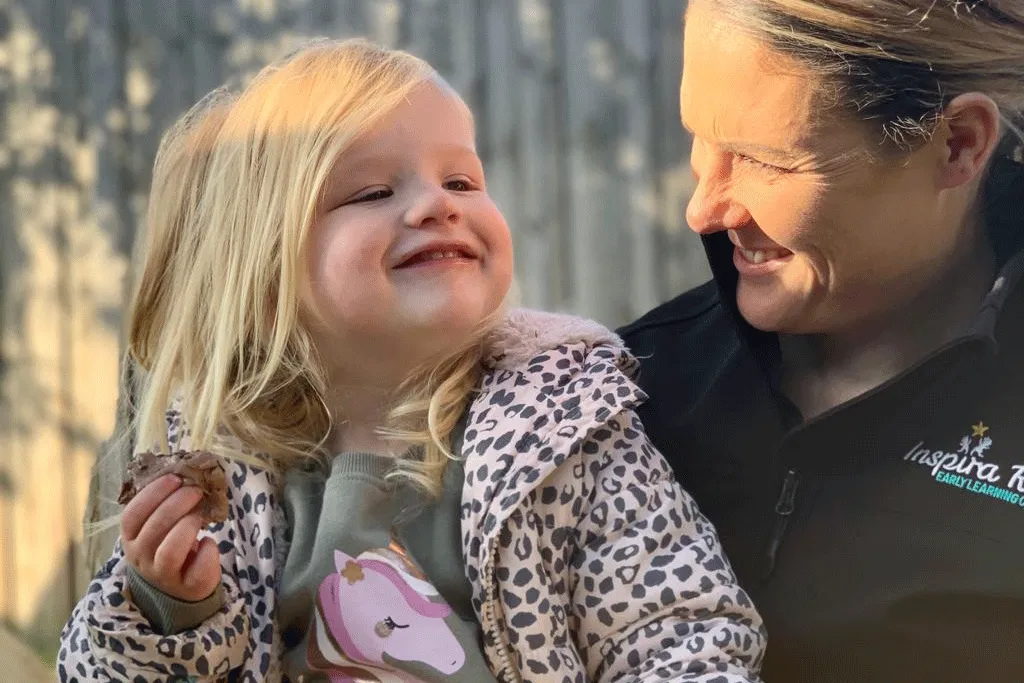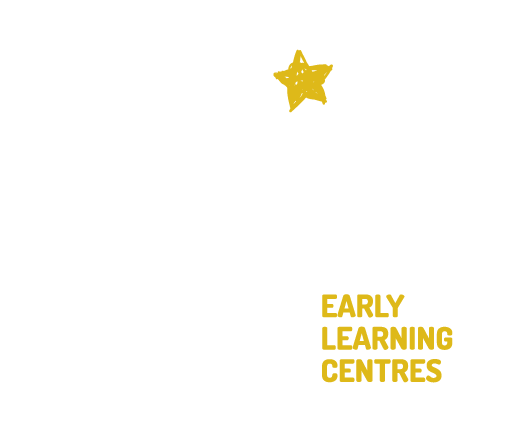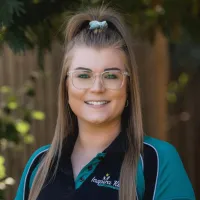Our Insights
Understanding Your Child Better
Our Insights
Understanding Your Child Better
Our Blog

Children & Communication!
WHAT DOES GOOD COMMUNICATION LOOK LIKE?
Good communication with children is about:
encouraging them to talk to you so they can tell you what they’re feeling and thinking
being able to really listen and respond in a sensitive way to all kinds of things – not just nice things or good news, but also anger, embarrassment, sadness and fear
focusing on body language and tone as well as words so you can really understand what children are saying
taking into account what children of different ages can understand and how long they can pay attention in a conversation.
Communicating well with children improves your bond with them, and encourages them to listen to you.
Sometimes children need a lot of encouragement and positive feedback to get them to engage in conversation.

TALKING:
You can improve your communication with your child by showing her you value her thoughts and feelings, and helping her to express them. For example:
Set aside time for talking and listening to each other. Family meals can be a great time to do this.
Talk about everyday things as you go through your day. If you and your child are used to having lots of communication, it can make it easier to talk when big or tricky issues come up.
Be open to talking about all kinds of feelings, including anger, joy, frustration, fear and anxiety. This helps your child develop a ‘feelings vocabulary’. Talking about feeling angry is different from getting angry, though. Learning the difference is an important step for a child learning to communicate.
Tune in to what your child’s body language is telling you, and try to respond to non-verbal messages too – for example, ‘You’re very quiet this afternoon. Did something happen at school?’.
Work together to solve problems. For example, if your child likes to change his clothes several times a day, you could agree that he puts away the clothes he’s no longer wearing. And remember that you might not always be able to resolve an issue straight away, but you can come back to it later.
Emphasise the importance of honesty by encouraging and supporting your child to tell the truth – and praising her when she does. And by being honest yourself!
Be available and willing to listen. Often you can’t predict when your child will start talking about something important to them.
LISTENING:

When your child has something important to say, or has strong feelings or a problem, it’s important for them to feel that you’re really listening to them. Try these tips for active listening:
Build on what your child is telling you and show your interest by saying things like ‘Tell me more about …’, ‘Really!’ and ‘Go on …’. This sends your child the message that what he has to say is important to you.
Watch your child’s facial expressions and body language. Listening isn’t just about hearing words, but also about trying to understand what’s behind those words.
To let your child know you’re listening, and to make sure you’ve really understood the important messages that they’re telling you, repeat back what your child has said and make lots of eye contact.
Try not to jump in, cut your child off, or put words in their mouth – even when they say something that sounds ridiculous or wrong or is having trouble finding the words.
Don’t rush into problem-solving. Your child might just want you to listen, and to feel that her feelings and point of view matter to someone.
Prompt your child to tell you how they feels about things – for example, ‘It sounds like you felt left out when Felix wanted to play with those other kids at lunch’. Be prepared to get this wrong, and ask them to help you understand.
When you show your child how to be a good listener, you help them develop their listening skills too.
MODELLING:
Young children often need concrete models to learn how to express feelings, and to tell what they are thinking, share a new idea, and resolve conflicts. They need specific language strategies that help them ask or explain how or why something happens or to negotiate a disagreement. You can help by modelling exact language.
Model descriptive language:to foster communication and to serve as a role model. Children learn by example strategies for problem solving, negotiating conflicts, and for sharing ideas and feelings.
“Listen in” to conversations: Be ready to supply language models when children don’t have the words they need to express themselves.
Provide children with frequent opportunities to work and learn with others. During small group activities, educators can model how to use group strategies such as careful listening, looking at the person who is speaking, and asking and answering questions.
CONVERSATION STARTERS:
In our rooms with our older children we try and ask though provoking questions which will get our children really thinking and engage them in deep and meaningful conversation. Some of our favourite starters are listed below.
What do you want to be when you grow up?
What is something that has made you happy today?
If you could have any super hero powers, what would it be?
If you were to write a book what would it be about?
If you could cook any type of meal, what would it be?
Did you have the chance to be kind to somebody today?
What is something that you like to do when you’re feeling sad?
What is something that you are really good at that you enjoy telling people about?
If you could live anywhere in the world, where would it be and why?
What is something that you would like to do that could help make the world a better place?

Be brave enough to start a conversation that matters.
– Margaret Wheatley
#InspiraKidsEarlyLearning #Childcare #Reading #EYLF #Australia #Victoria #Melbourne #Shepparton #Kialla #Mooroopna #Kyabram #Nagambie #Murchison #GladstonePark #WestMeadows #Broadmeadows #Tullamarine #Glenroy #StrathmoreHeights #OakPark #Sydenham #TaylorsLakes #CalderPark #KeilerLodge #TaylorsHill #CarolineSprings


